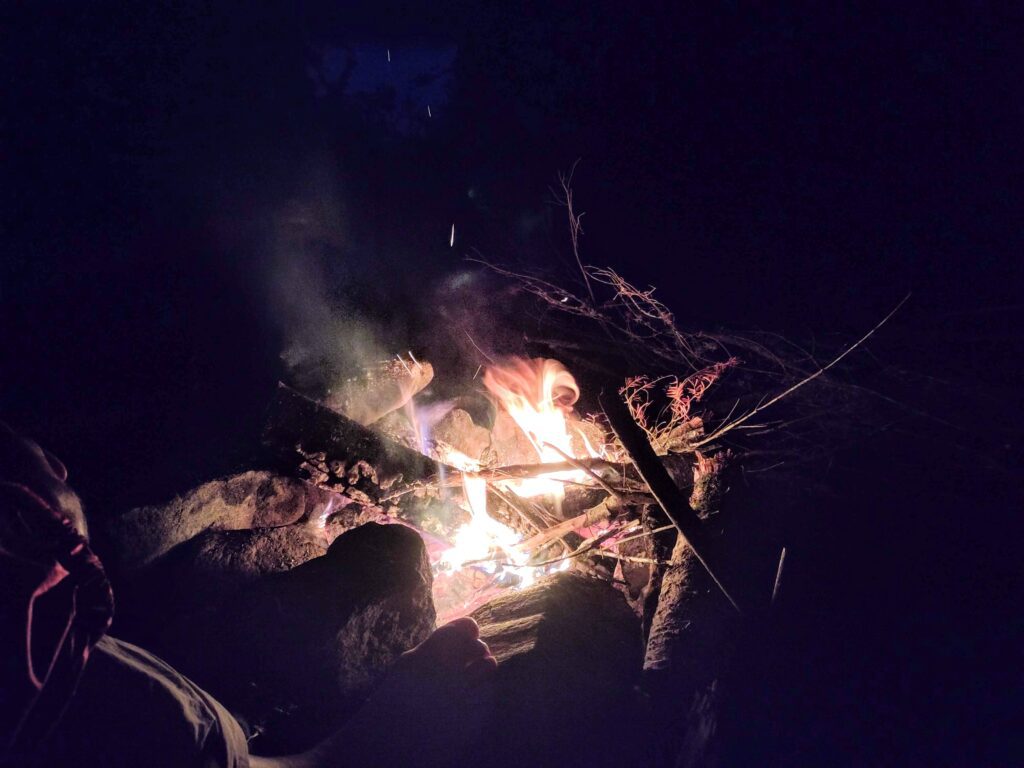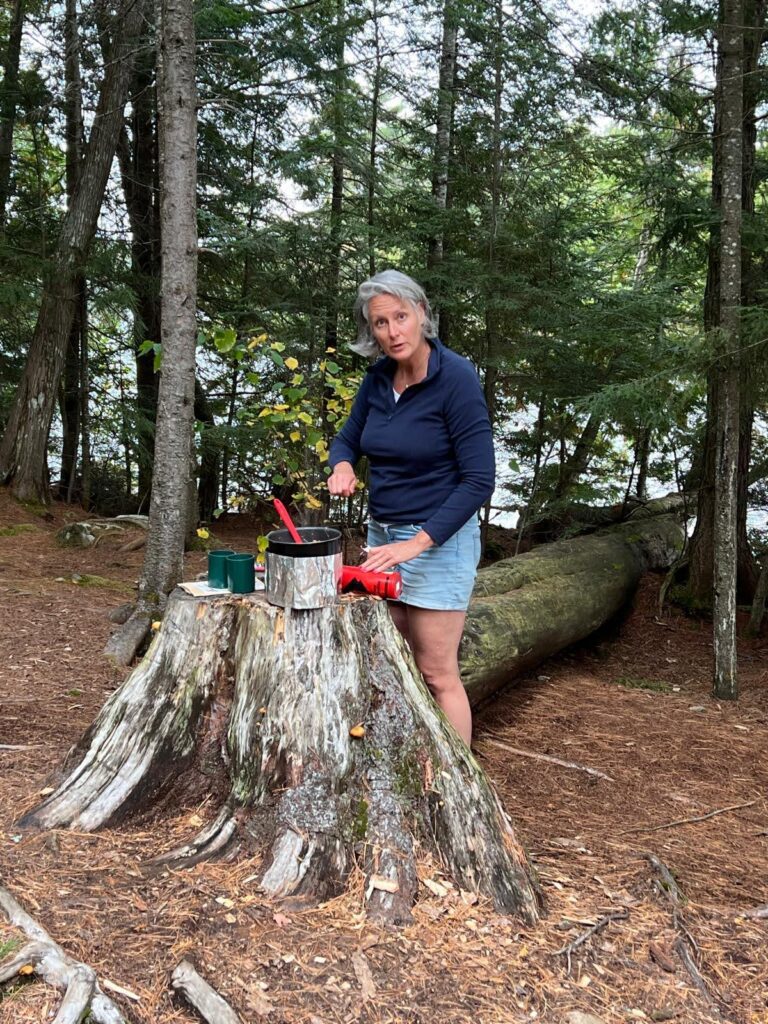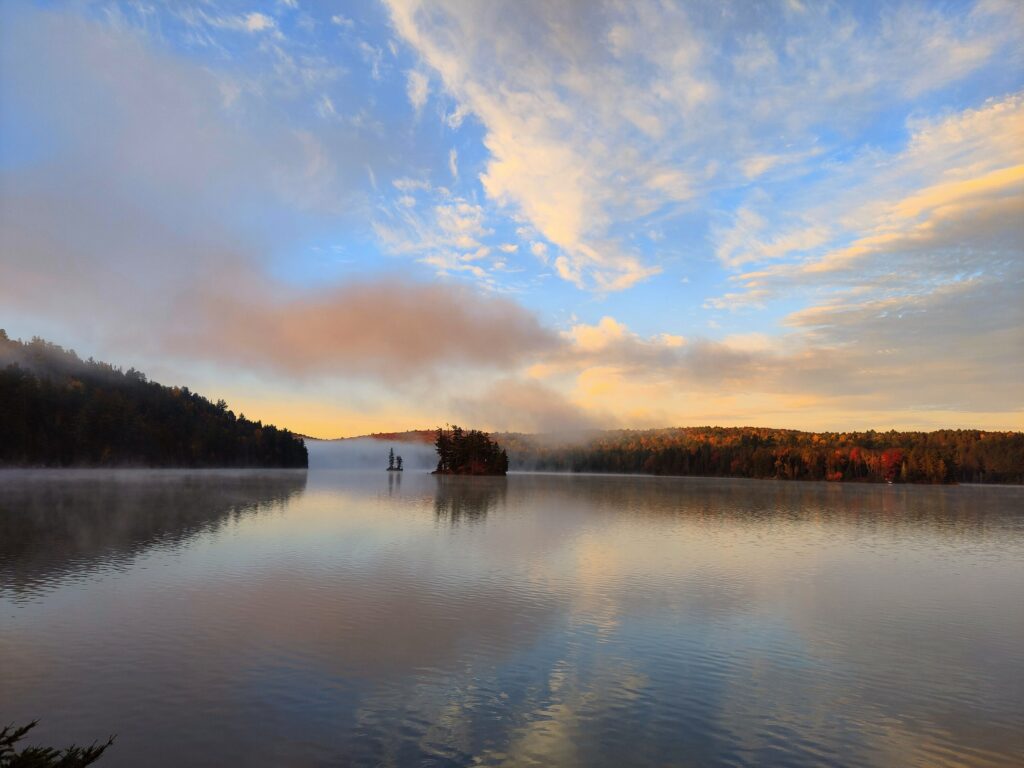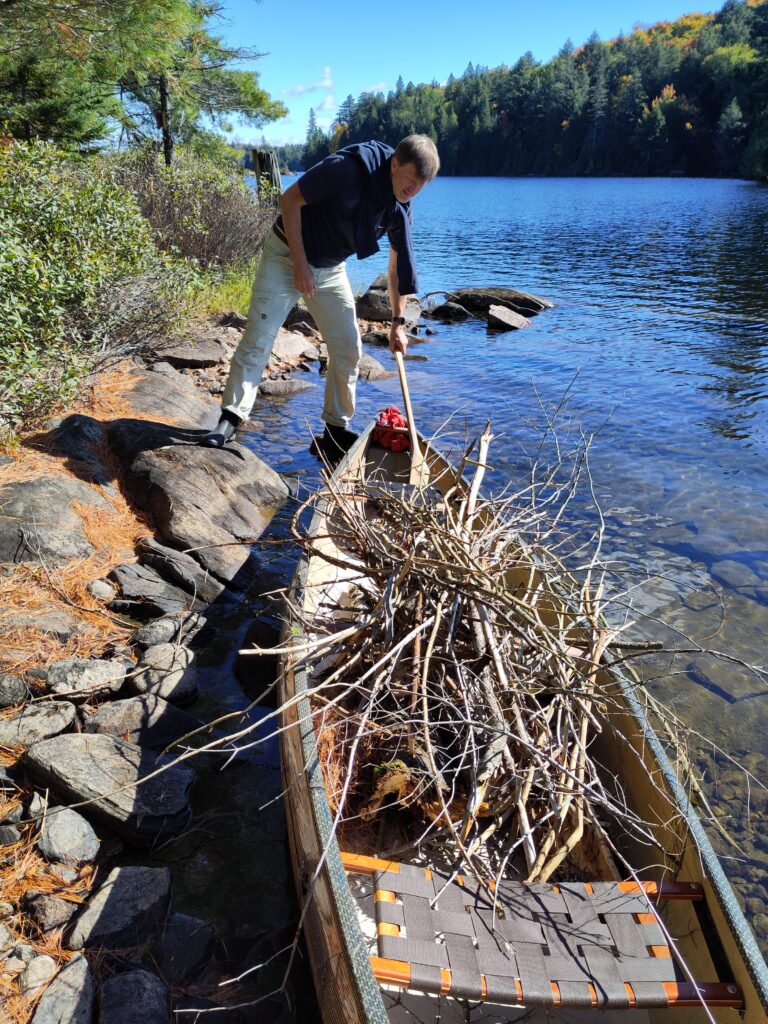Every morning, I get to go down into my “hunting ground,” which is actually my kitchen. Within a few steps, I can have a meal ready that would have taken my ancestors or others who aren’t as fortunate hours to prepare. I love granola for breakfast. Just think of how long it would have taken our ancestors to prepare granola from scratch: building a fire pit, roasting the grains, adding nuts, and maybe even a little honey—which itself would have been a treasure they fought wild bees for. And plant-based yogurt? That would have been absolutely unheard of.
Most days, I take these things for granted. They’re simply there, while my mind is already busy with the day ahead—future meetings, conversations with clients, presentations to prepare. I think of my daughter and helping her with homework, like the Threepenny Opera by Bertolt Brecht that she’s working on for German and history. That story, written originally by John Gay in 1728, already contained all the lessons about what needs to change in our society: an unjust world where a few have everything, and many have very little. And those who have little are striving for the lifestyle of the few who have a lot—a lifestyle that simply isn’t sustainable.
Recently, our canoeing and camping trip in the wild outdoors of Canada’s Algonquin Park reminded me of the beauty of simplicity—of living with nature and how little we truly need. Essentials like dry clothing, because being wet and cold is miserable. Nutritious food that sustains you, not junk. And each other’s company—relying on one another to gather firewood, build a good campfire, cook on openfire pits, paddle across the lake, carry the canoe between portages, and pitch up the tent. We had conversations about the beauty of the changing colors of the trees, and about gratitude.




Returning to the city, the contrast was stark. People in cars on massive highways, huge buildings worshiping consumerism—everything highlighted with artificial lights. Concrete structures, a few scraggly trees, and no living beings in sight, just cars and buildings. And the people—their faces didn’t look happy. They have “everything” our ancestors and those less fortunate might dream of, yet there is no happiness.
Downtown, I witnessed outright misery. In the parking lot where our chic rental car was parked, two men were sitting in shopping carts. I saw one of them giving the other a liquid-filled needle. The second man sank the needle into his elbow pit, pushed the injection head down, and his head tilted back, eyes rolling up. The first man one watched him with bemused sadness. Around the corner, a woman lay in fetal position on the pavement, people in suits and briefcases stepping around her. I felt embarrassed about the luxury and safety that I am living in. I thought: “How can I possibly help these people?”
Why do we keep chasing material wealth as the path to happiness? Why are we stuck in jobs that don’t bring us joy or contribute to the greater good of society or the world? We chase material wealth to pay for our modern lifestyle and mortgages, but it’s ruining us—and our planet. It’s about perceived safety. But what happens if we let go of that illusion? What if we start living more in the present, seeking moments in nature to truly connect with ourselves and with others?
This shift, if made on a personal level, can be reflected in our businesses and organizations too. From an internally sustainable lifestyle, we can foster sustainability in our work. Reciprocity becomes key—ensuring we aren’t creating win-lose situations. If a business wins but society or the planet loses, then we all lose. We’re not disconnected from each other; if anything, the climate crisis and plastic pollution teach us just how interconnected we are. Microplastics are found even in the furthest corners of the Pacific Ocean, and climate change affects us all.
So how can we build businesses and organizations that serve society rather than just profit and growth? That was never meant to be the primary purpose of business. It’s time to remember why we’re here and what truly matters—and to approach our work, our lives, and our relationships with more gratitude and sustainability.
One powerful way to make this shift is by incorporating gratitude practices into both our personal and professional lives. For instance, mindfulness gratitude exercises can be easily integrated into daily routines. At work, we could start meetings by having everyone reflect on one thing they’re grateful for, whether it’s a supportive colleague, the resources that allow us to operate, or simply the opportunity to make a positive impact. This practice can foster a sense of connection and abundance, shifting the focus away from scarcity and material gain.
On a personal level, journaling about the things we appreciate—our health, our access to nature, or even the beauty of a morning walk—can ground us in the present and reinforce the idea that we already have what we need. This mindset can help us appreciate the simple things, reducing the urge to overconsume and contribute to environmental harm.
As we integrate these practices, we create a culture of reciprocity, where businesses thrive not just for profit, but by giving back to the communities and environments they depend on. Sustainability is not just about reducing waste or lowering emissions; it’s about sustaining life—both our own and that of the planet. Gratitude reminds us of our interconnectedness, guiding us to make decisions that nurture that connection.
By grounding our businesses and personal lives in gratitude, we can create a more sustainable, balanced world—one where success isn’t measured only by growth but by the wellbeing of people, society, and the planet. Together, we can build a future that we can all be thankful for.
If you’d like to explore how to integrate gratitude into your business practices and rekindle the original purpose of businesses, we’d love to connect with you. Please get in touch with us via sendlove at heartwork dot earth.

